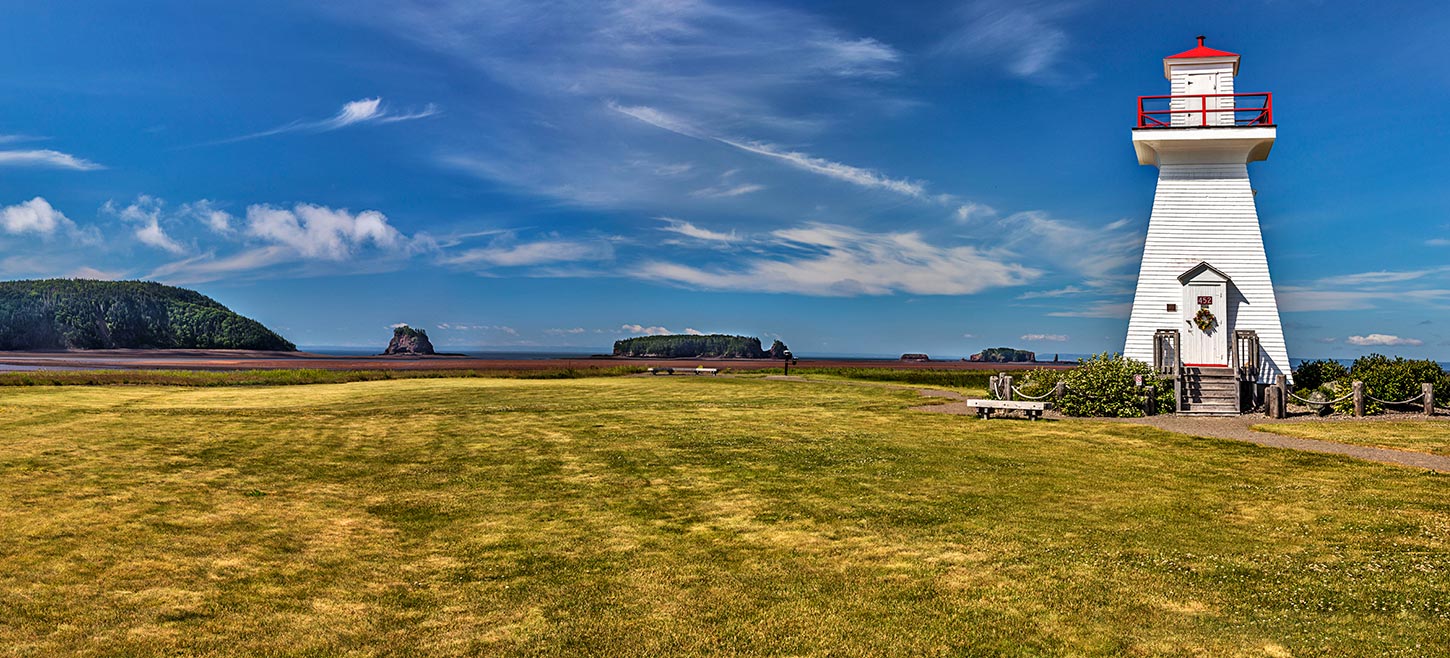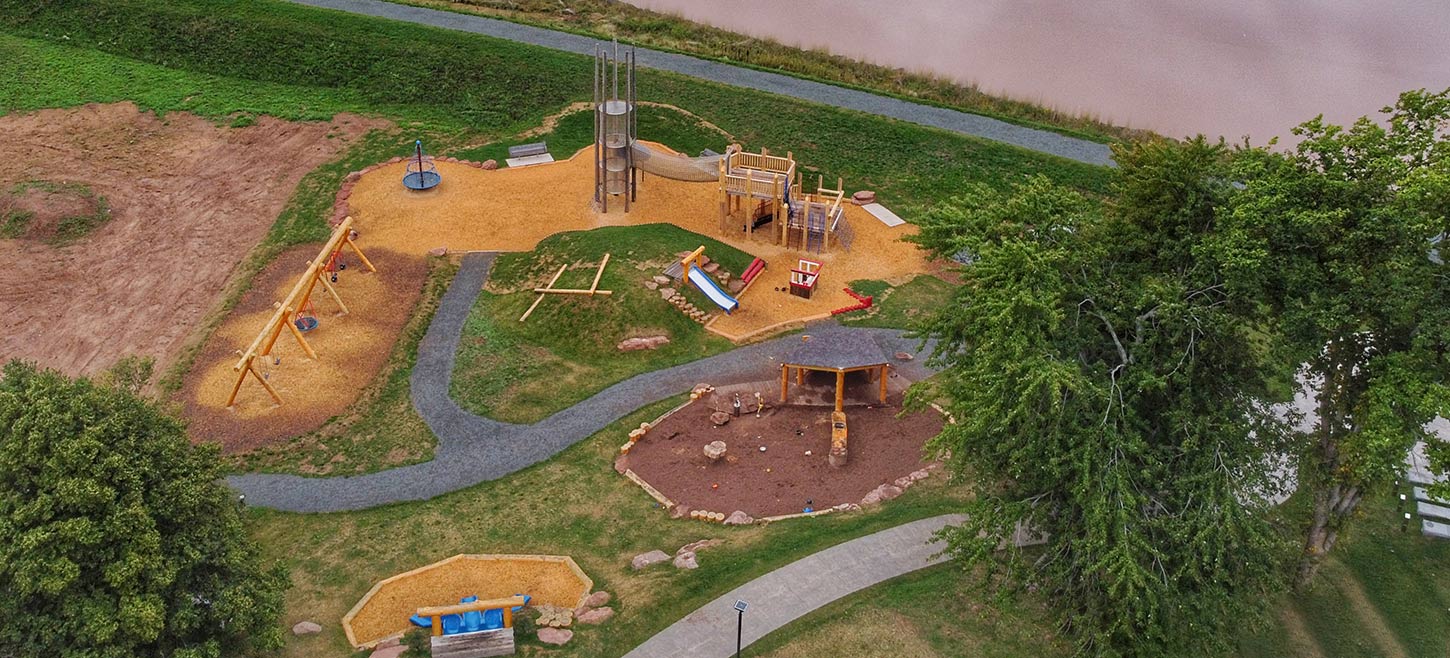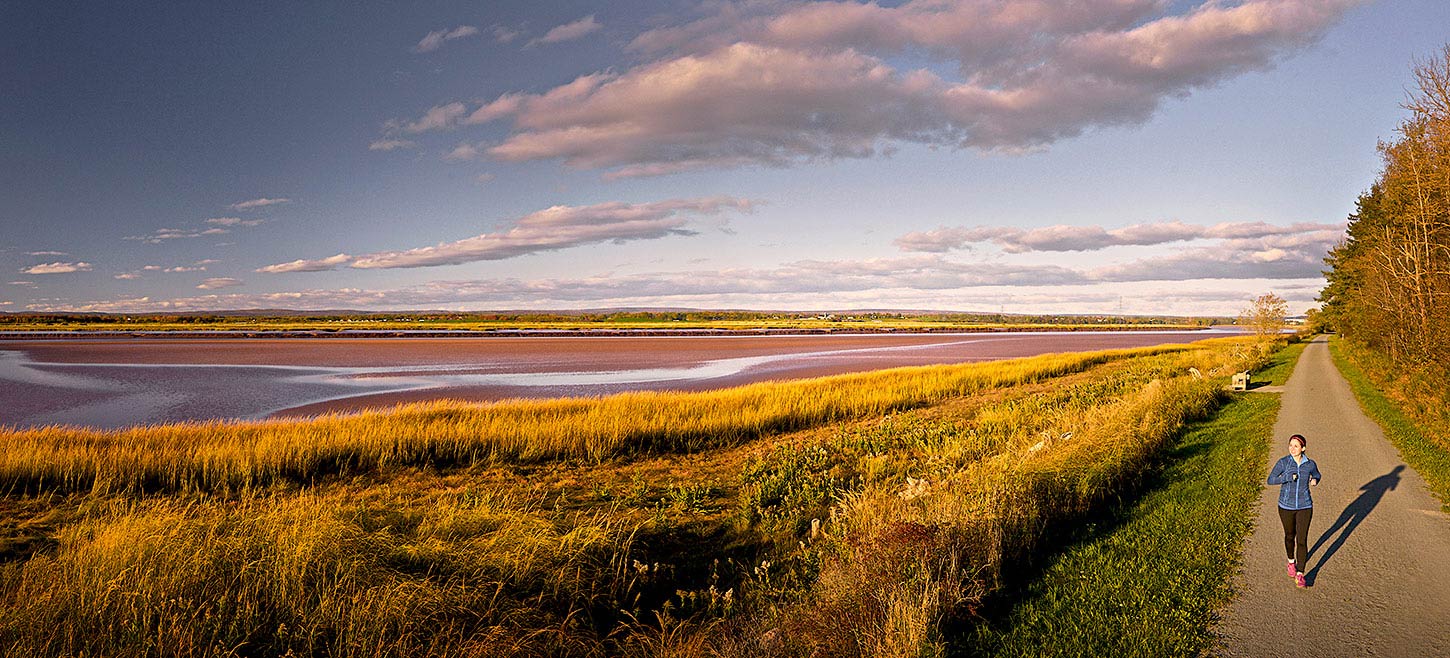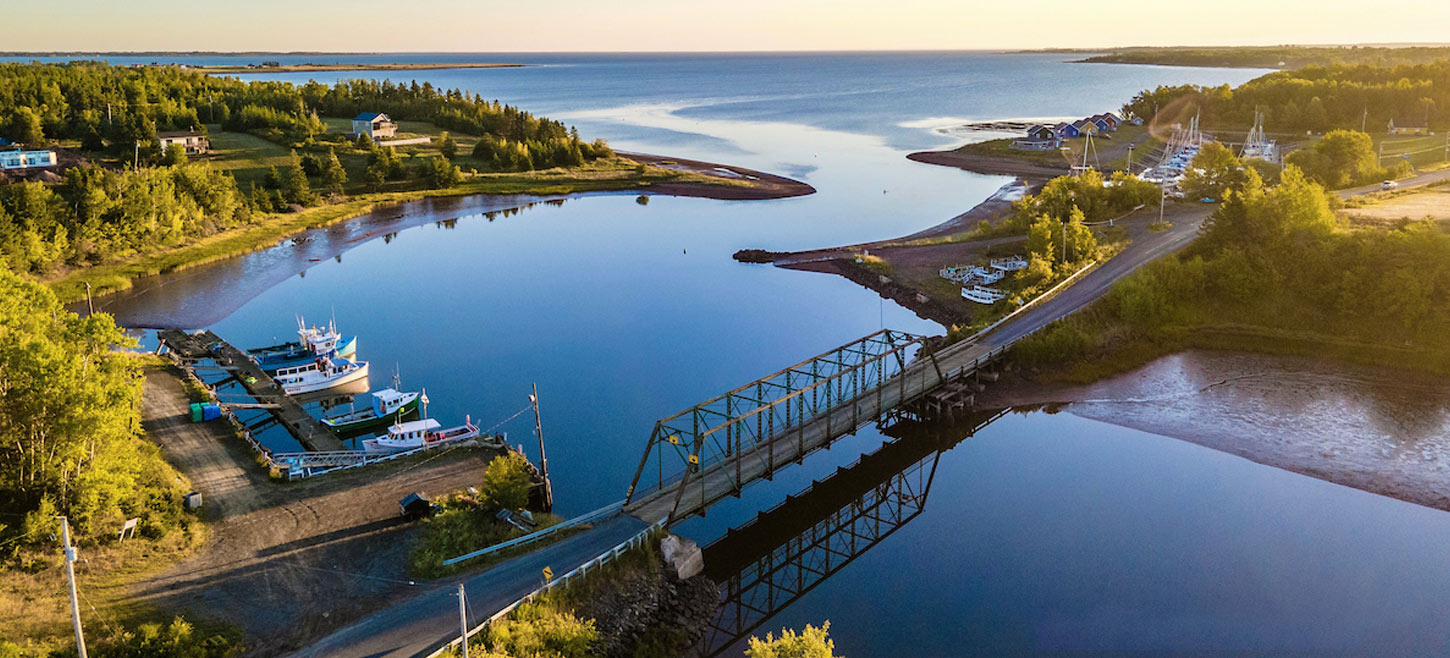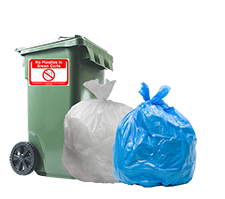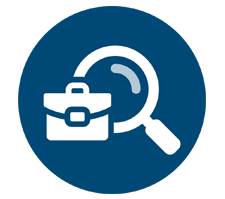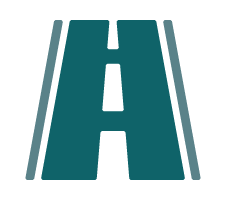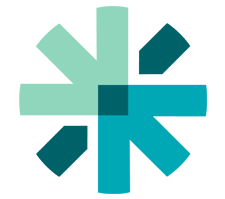Lawrence R Nicoll - Photographer
On January 24, 2022, the French River Watershed was designated as a Protected Water Area pursuant to Section 106 of the Nova Scotia Environment Act. The Municipality of Colchester requested this designation from the province as a way to protect water quality in the watershed, which serves as the main supply for the Tatamagouche Water Utility. There are new regulations which apply to certain activities within the watershed such as farming, mining, mineral exploration, waste disposal, sediment control and quarries.
To read the regulations in detail, or to view the designation and area boundary, please follow the links below:
The Tatamagouche Water Utility is responsible for enforcing these new regulations and members of the public are encouraged to report any activities of concern within the watershed to the Colchester Public Works Office at 902-897-3175 or to This email address is being protected from spambots. You need JavaScript enabled to view it..
Wondering where your property is in relation to the French River Watershed. Click here to view our interactive map and search for your property either by civic address or Property Identification Number (PID).
What happens at our CCWWTF?
The County owns and operates the CCWWTF, or sewage treatment plant, which is located in Lower Truro. This plant has been operating since 1996. About 15 to 20 million litres of sewage come to this plant every day, from the nearby communities of Truro, Millbrook, North River, Truro Heights, Onslow, Valley, Hilden, Salmon River, Bible Hill and Kemptown. The plant uses various steps such as screening, pumping, aeration, settling, dewatering and disinfection. Treated sewage is then released to the Cobequid Bay.
Who sets the rules for our plant?
Nova Scotia Department of Environment sets the rules for treatment of sewage and they have set specific treatment limits for our plant. We monitor treated sewage every day and report back to Nova Scotia Environment on a regular basis.
What is “Seasonal Disinfection”?
The final step in treating sewage (also known as wastewater) is disinfection by Ultraviolet (UV) lights. The treated wastewater passes over UV lights and harmful bacteria are inactivated. Seasonal disinfection means that the UV lights would only be used in Spring, Summer and Fall. During winter, the lights would be turned off.
When would seasonal disinfection start?
The UV lights will be shut off the beginning of November until the end of April each year.
Why would this be done?
The UV lights use a large amount of power and shutting them off during winter months would help to reduce electricity costs and green house gas emissions. Just like a normal bulb, these lights eventually burn out. Using them less would also mean they would last longer, which w ill mean lower replacement costs.
Is seasonal disinfection allowed under environmental regulations?
Nova Scotia Environment previously gave us permission to carry out seasonal disinfection for a trial period, from November 1, 2021 to April 30, 2022. They require us to monitor the bay on a regular basis during the trial, and depending on the results, they will decide if we can shut off our UV lights in winter in future years. As a result of the monitoring during this trial period, Nova Scotia Environment has permitted us to shut off our UV lights during the winter months going forward. Federal fisheries regulations do not apply as they do not set limits on bacteria in waterways.
Will there be any difference in the clarity or smell of Cobequid Bay?
The clarity of the water in Cobequid Bay will not be affected, nor will there be any smell related to seasonal disinfection. All other treatment processes at the plant will continue to operate year-round.
What will happen to water quality in the Cobequid Bay?
While the UV lights at the plant will be shut off during winter, all other treatment steps will remain in place year-round. These steps include the removal of solids as well as organic matter. The only change is that the treated sewage will have higher bacterial levels from November to April. The UV lights will be turned back on the beginning of May, and bacterial levels will again be reduced to regulated limits.
Are there any public health concerns?
The main goal with reducing bacteria in treated sewage is to prevent sickness in humans. Since there is little to no contact use in the Cobequid Bay during winter, there should be no additional risk to the public with seasonal disinfection.
What about environmental impacts?
The wastewater will still be treated year-round to the same levels for solids and organic matter. The bacteria in wastewater do not have any significant impact on other life in the Cobequid Bay and will not cause any additional environmental impact in the winter.
Do any other jurisdictions allow seasonal disinfection?
Other municipalities in Nova Scotia have been using seasonal disinfection for a number of years, including Halifax and Cape Breton Regional Municipality. They also require approval from Nova Scotia Environment to shut off their UV lights during the winter.




